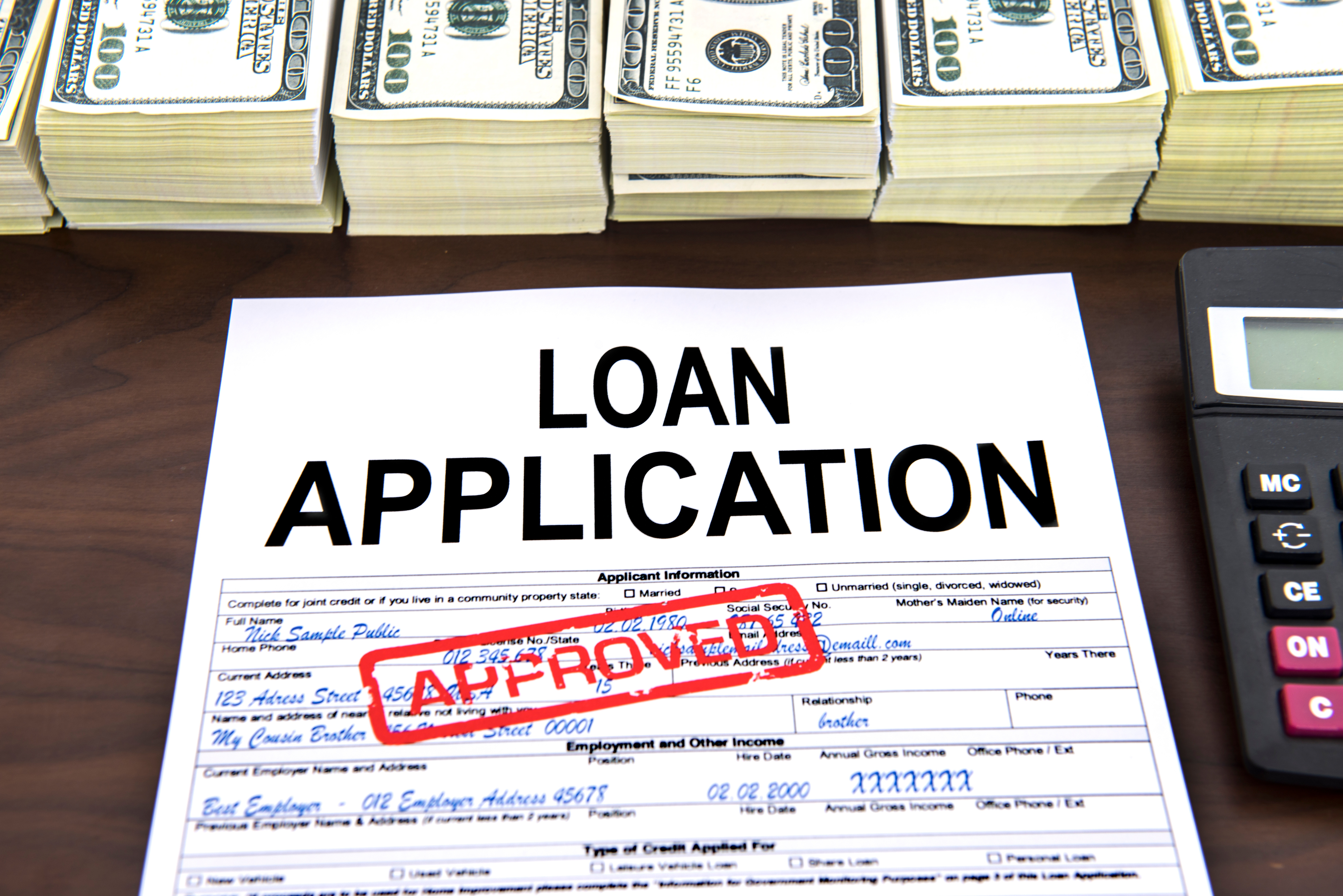 When you provide loans or allow customers to purchase on credit, sooner or later you will have a debtor who stops paying on the loan. This doesn’t mean you must accept the loss. It also doesn’t mean there are no limits to what you can do to get your money back.
When you provide loans or allow customers to purchase on credit, sooner or later you will have a debtor who stops paying on the loan. This doesn’t mean you must accept the loss. It also doesn’t mean there are no limits to what you can do to get your money back.
Methods of Collecting Payment
You have at your disposal several methods of collecting payment.
Wage attachment or garnishment
You can sue the creditor for payment. If you win the judgment you can garnish or attach the debtor’s wages. This means the employer will withhold a certain amount from each paycheck and pay it directly to you, the creditor.
Property Liens
Depending on the state you live in a real property lien may be automatically added to the debtor’s deed when a creditor sues and wins. In other states you will have to record the judgment with the county. Some liens even extend to personal property as well as real estate.
Once a lien is in place it must be paid off before the debtor can sell or refinance the mortgage.
Property Levies
A court can award you, as the judgment creditor, a writ of execution to get personal property back from a debtor. In this case a sheriff or marshal can take the property from the debtor, sell it at auction, and use the proceeds against the debt.
Assignment Orders
This allows you to collect any of your property that cannot be levied, such as life insurance policies or anticipated tax refunds.
Limits on What Creditors Can Take
There are limits to what you can take to satisfy the debt, however. While you can garnish a percentage of the net wages or money from a bank account, you won’t be able to take everything. Nor should you. It depends on the state, as each has different regulations. You can’t take property that is considered exempt by that state. In general you won’t be able to take the debtor’s home, clothing, or other living necessities.
In cases where specific collateral has been named to secure a loan, you may only repossess that collateral to pay the debt. Other personal property is out of bounds. You also cannot make repossession of credit card debt. And, obviously, if you entered into an unenforceable loan, one that does not comply with your state requirements, you are not permitted to repossess property.
What a Creditor Cannot Do
Besides limits on what you can take, there are also limits on what you can do to demand payback of a loan or return of property. You may realize that the Fair Debt Collection Practices Act (FDCPA) only covers debt collectors not creditors. However, many states also have a fair debt collection act that may cover creditors as well. It is up to you to determine if the state you operate in has such a law and whether you must abide by it.
It is legal for a state to enforce a law that is stricter than Federal law, so the states do have the right to create a more restrictive fair debt collection law. According to Nolo.com about 14 states and the District of Columbia have their own debt collection laws.
For example, in California, a creditor is expected to follow the same restrictions on collections as a debt collector. This includes calling the debtor at all hours of the day and night, using obscene language, or threatening violence. In other states these behaviors may be regulated by a separate law so don’t assume otherwise.
If you are a creditor, you certainly have the right to get your money or property returned for non-payment of debt. There are several legal means for you to do so. But it is best to err on the side of caution when attempting to collect.




















